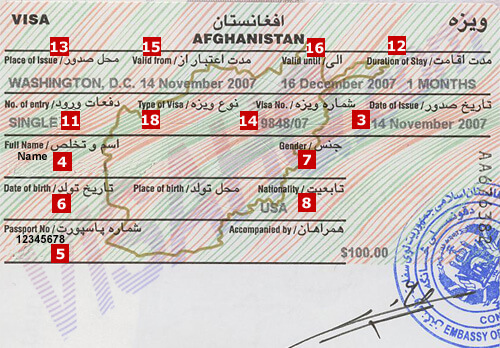Afghanistan Embassy list in Zambia
Need help?Chat with us
Importance of Trip Registration at the Afghanistan Embassy
Registering your trip with the Afghanistan embassy is crucial for ensuring safety, effective communication, and access to support during emergencies. In case of natural disasters such as earthquakes or floods, registration provides the embassy with your details, allowing them to reach out and assist you swiftly. Similarly, during periods of political unrest, having your information registered helps the embassy facilitate evacuation or safety measures for its nationals. Furthermore, in medical emergencies, the embassy can quickly coordinate assistance, including medical evacuations or connections to local healthcare facilities. Overall, being registered enhances your safety while traveling and ensures you remain connected to vital support networks during difficult times.
Afghanistan Embassy FAQs
Can the Afghanistan embassy assist in legal issues abroad? Yes, the Afghanistan embassy can provide guidance and assistance for legal issues faced by Afghan nationals abroad, including referrals to local legal experts.
What should I do if I lose my Afghanistan passport in Zambia? If you lose your Afghanistan passport in Zambia, report the loss to the local authorities and then contact the Afghanistan embassy for assistance with obtaining a replacement passport.
Does the embassy provide guidance on local laws and customs? Yes, the embassy can provide information regarding local laws, customs, and cultural practices to help Afghan nationals navigate their stay in Zambia.
Can the embassy help if I am detained abroad? Yes, the embassy offers support to nationals who are detained abroad, which may include legal assistance and ensuring that their rights are respected.
Services Provided by Afghanistan Embassies in Zambia
Passport Services
- Issuance of new passports
- Renewal of existing passports
- Replacement of lost passports
Visa Issuance for Foreign Nationals
- Granting visas for foreign nationals wishing to visit Afghanistan
Assistance in Legal or Medical Emergencies
- Support with legal matters
- Coordination in medical emergencies
Travel Alerts and Safety Updates
- Providing updated information regarding safety and travel advisories
Support for Nationals Detained Abroad
- Assistance to Afghan nationals who may find themselves in custody or facing legal challenges
Summarized Diplomatic Presence
The Afghanistan diplomatic presence in Zambia consists mainly of the Afghan embassy located in the capital city, Lusaka. The primary function of the embassy is to foster diplomatic relations, provide assistance to Afghan nationals, and facilitate trade and cultural exchange between Afghanistan and Zambia. This presence is essential in promoting shared interests and enhancing bilateral cooperation, ensuring that the concerns and needs of Afghan citizens are met while strengthening their standing in the host country.
